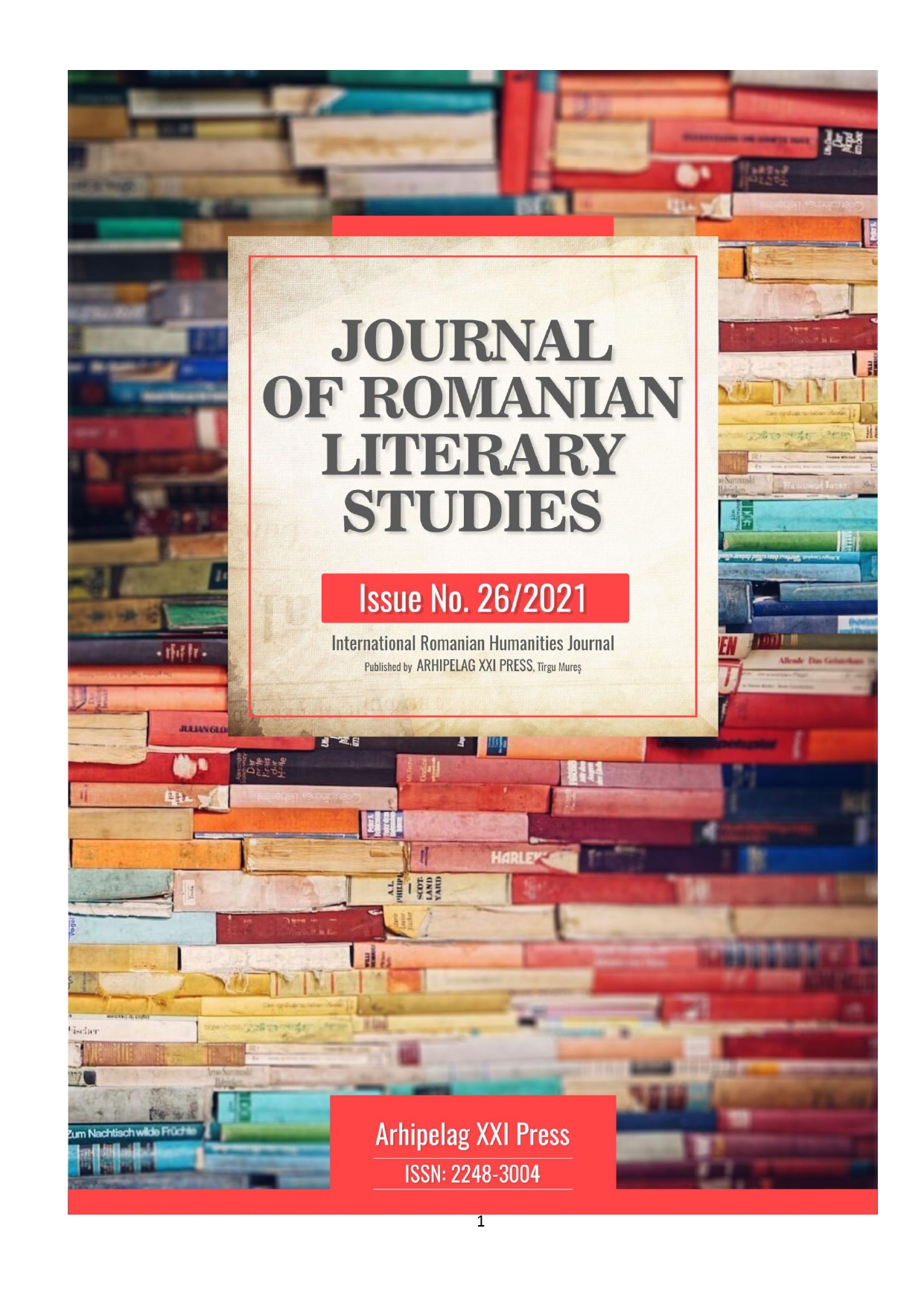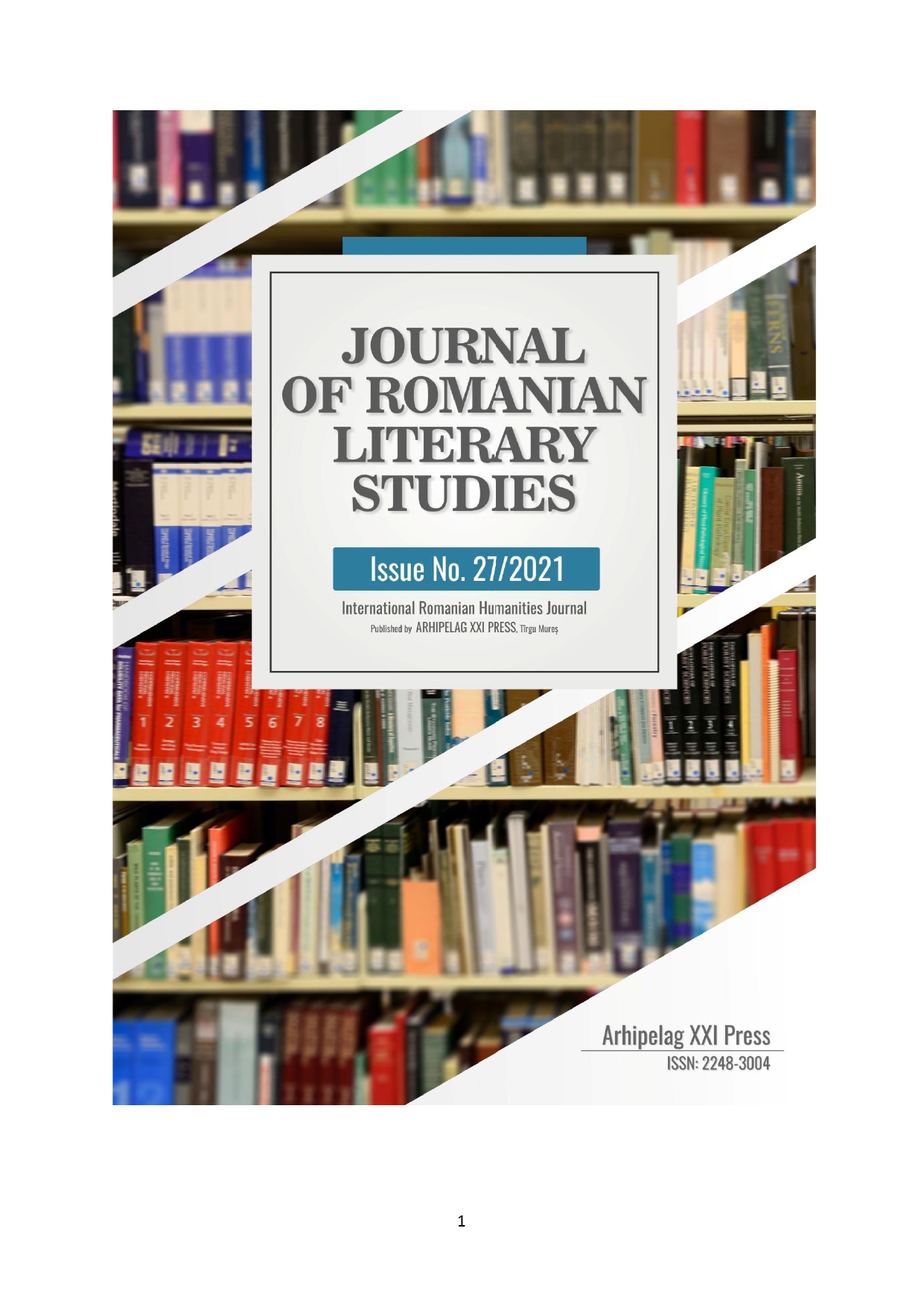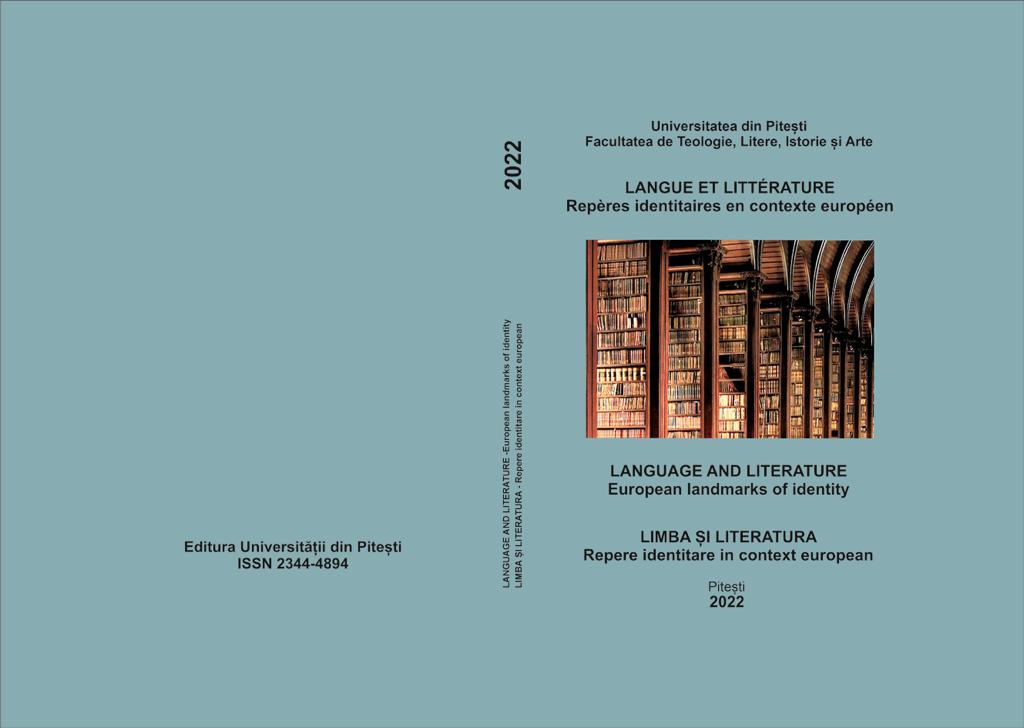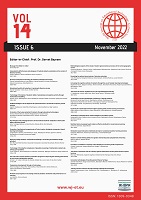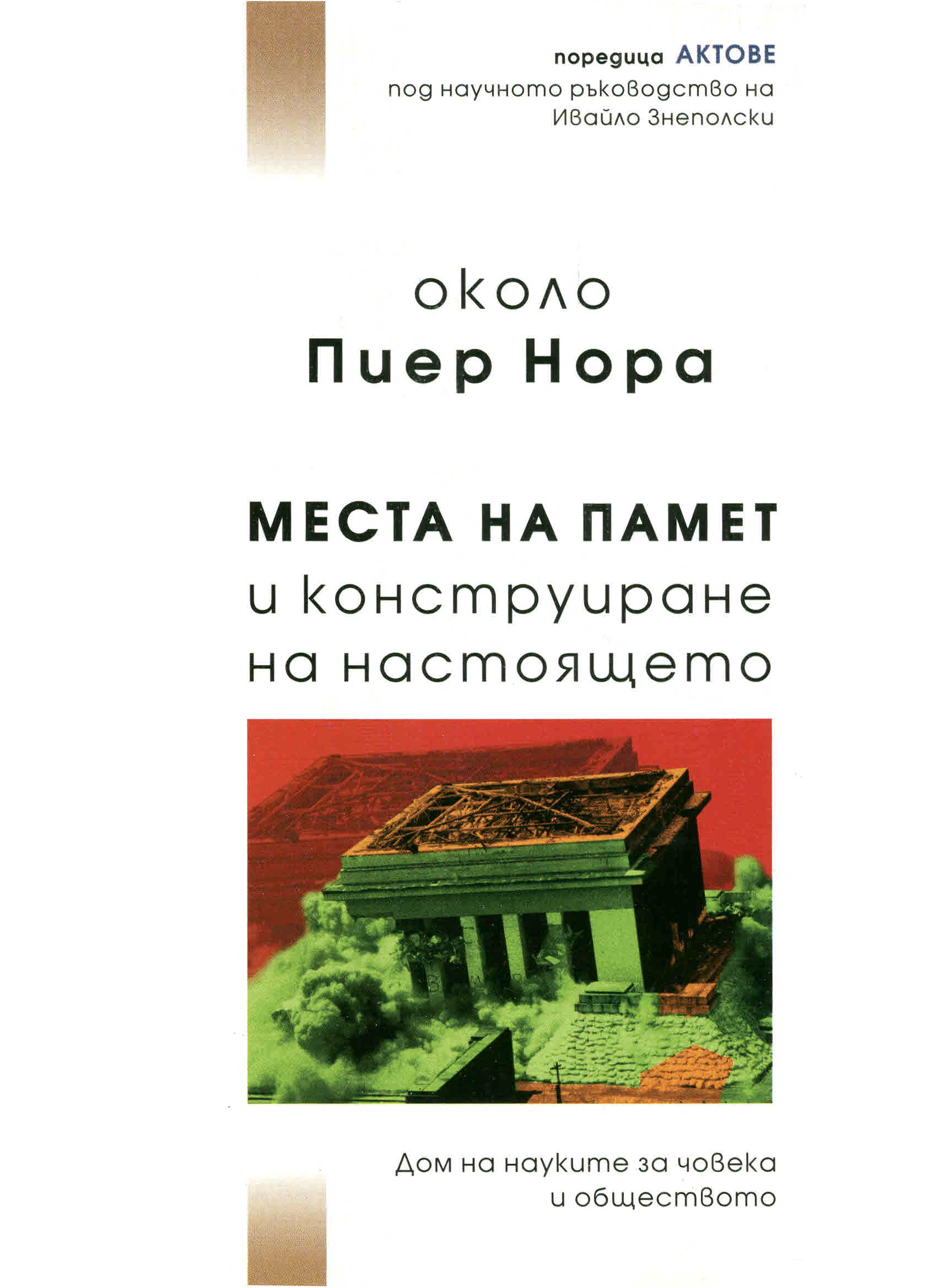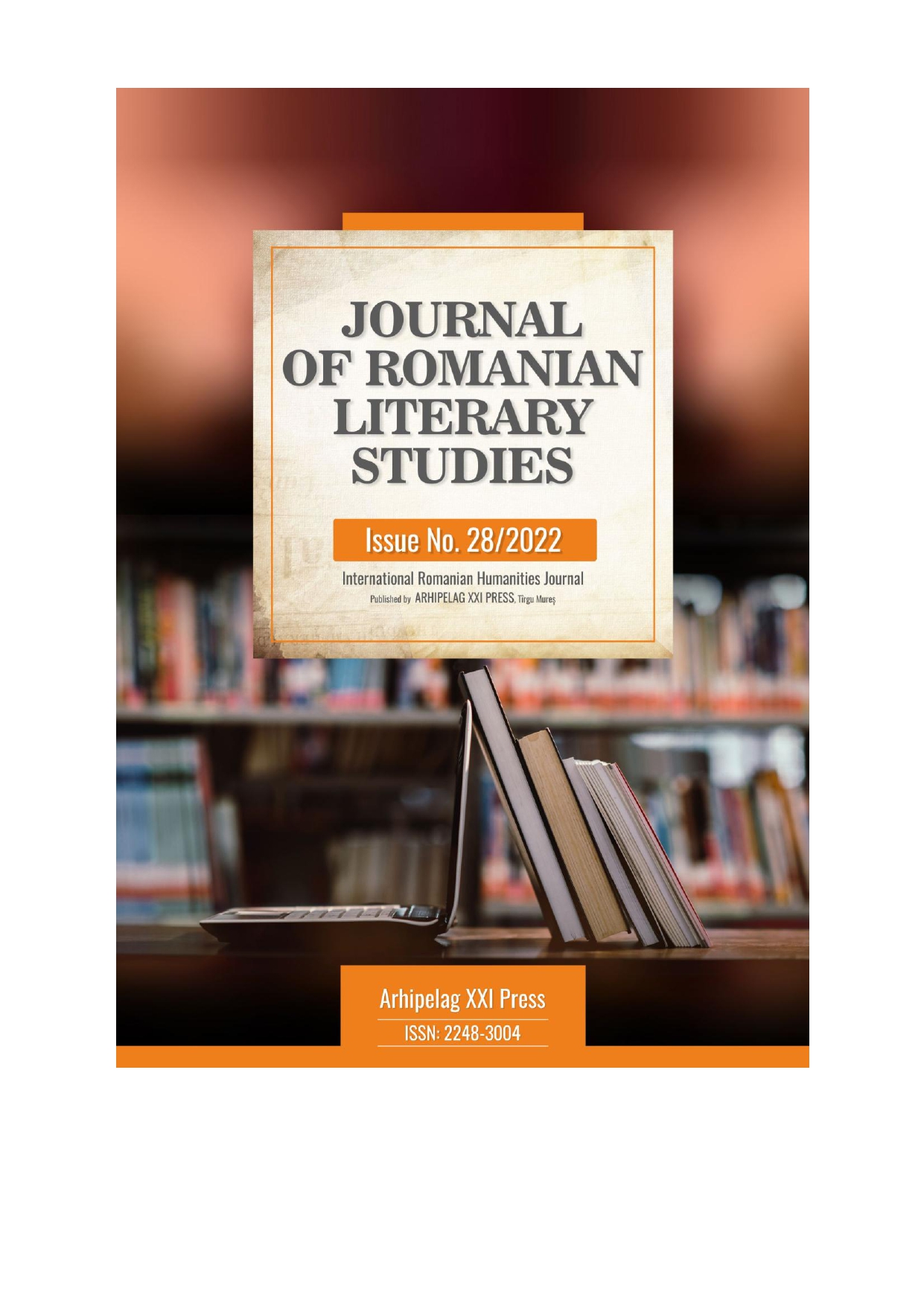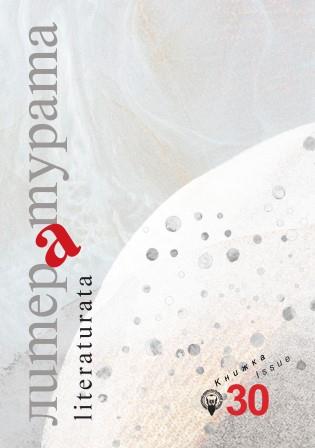Author(s): Zhandai Kdyralieva,Nazgul Suranchiyeva,Batyrbaeva Meruert Asilkhanovna,Naziya Aitbaevna Tasilova,Gauhar Baltabayeva / Language(s): English
Issue: 6/2022
The purpose of this research is to take the opinions of primary school teachers on the teaching of an ancient literary heritage with the digital story method, in order to benefit from innovative technologies in the teaching of old literary works. The research was created with the qualitative research method. In the research, 51 primary school teachers who were teaching in primary schools in Kazakhstan in the 2022–2023 academic year were studied. Research data were collected by in-depth interview technique. As a result of the research; the vast majority of teachers stated that they found themselves inadequate in using the digital story method in the teaching of old literary works. Teachers stated that they never benefited from the digital story method in the teaching of ancient literary heritage. On the other hand, teachers stated that they are very willing to benefit from the digital story method in the teaching of old literary works. The teachers benefited from the advantages of using the story method in the teaching of ancient literary works; they are listed as facilitating the interpretation of the content, conveying real-life situations, providing an interactive learning environment, being interesting, making the explanation of certain topics more attractive, offering more diversity than traditional practices, and providing individualization of education. Teachers, the disadvantages of using the story method in the teaching of old literary works; they listed teachers' lack of education, lack of methods and materials, taking a lot of time, insufficient technological equipment in the teaching environment, individual differences of students, and the transformation of technology use into a habit.
More...
